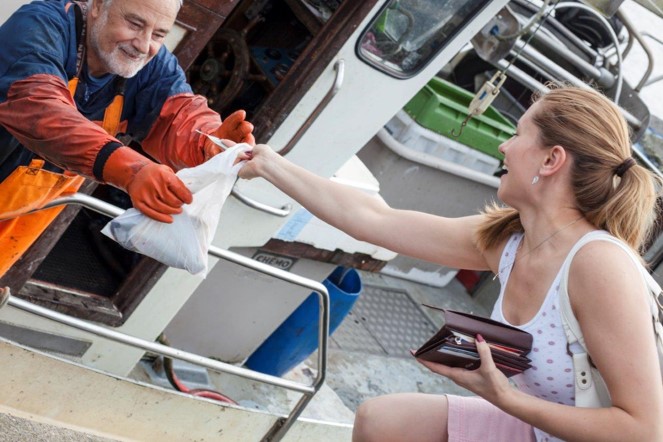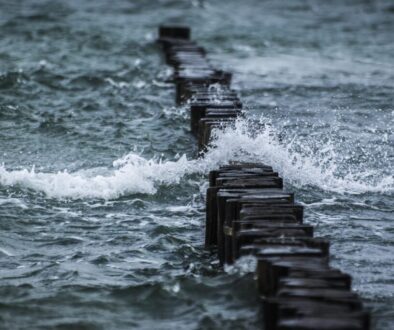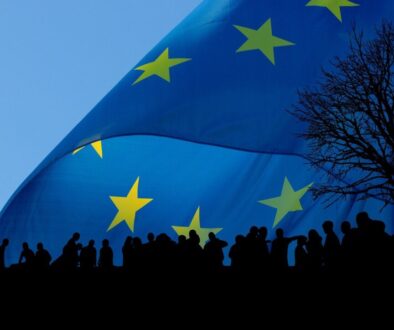
Over 50 participants from the Mediterranean small-scale fisheries (SSF) sector, from Spain, France, Malta, Italy and Cyprus attended LIFE’s webinar last Friday 18th June. The theme was “The Pros and Cons of Crating Producer Organizations for Mediterranean Small-scale Fishers. The webinar was also attended by DG Mare.
Fish Producer Organizations (FPOs) are described as the key to achieving the objectives of the EU’s Common Fisheries Policy (CFP) and the Common Organization of the Markets (CMO) in fishery products. However, up to now, FPOs dedicated to small-scale fisheries are the exception, not the rule.
The Low Impact Fishers of Europe (LIFE) has therefore been encouraging its members to set up SSF POs. LIFE organized this webinar to learn from their and other experience, to understand the steps required to set up FPOs, and examine the Pros and Cons of doing so.
SSF activities differ markedly from larger scale fishery (LSF) activities, socially, economically and environmentally. Despite having strength in numbers, SSF have been marginalised over decades by successive CFPs designed for LSF management. In the Mediterranean SSF accounts for 80% of the fleet, 50% of the jobs at sea and 77% of the fishing days at sea. In terms of fish catch, although SSF only account for 14% by volume, they contribute 26% by value, highlighting the importance of value addition and the relatively high value of their products compared to LSF.
Incomes in the SSF sector are about half of what they are in the LSF, a difference which may be partly accounted for by the part time and seasonal nature of the SSF activity. Due to significantly higher catch volumes, LSF can operate on lower margins to SSF, whilst for SSF viability is highly dependent on capturing value addition. Compared to LSF, key constraints to successful SSF activities are access to resources (i.e. access to fishing rights) and access to value added markets. All this makes SSF vulnerable to shock, and so it is vital that SSF can organize themselves effectively to secure fair access to resources and access to markets and a fair price for their products.
FPOs dedicated to SSF could be game changers in this regard. SSF FPOs could also provide an opportunity for SSF to become better organized, and to engage SSF as protagonists in fisheries management and decision-making processes.
The 4 cases presented and discussed at the webinar included the following initiatives:
· the Union of Professional Small-scale Fishers from the Occitane region of France, who launched an initiative in December 2020 to establish a SSF PO for French Mediterranean low impact (artes menores) fishers.
· Artisanal Fisheries Producers Organization from the Conil Fish Auction (OPP-72), established in 2016.
· The FSK PO (Low Impact Coast Fisheries PO) from Denmark, established as a PO in 2019
· The Irish Islands Marine Resources (IIMRO) PO, recognised in February 2021, but still in process of producing a Production and Marketing Plan.
Some of the key messages:
– Creating SSF POs is very relevant, but very challenging
– Mixed POs tend to respond to demands of LSF, and not to SSF, hence need for POs dedicated to SSF.
– SSF POs are a very effective way to organize SSF, as provides official recognition and access to European funds and other support;
– Significant bureaucratic challenges, particularly as regards drafting a production and marketing plan and accessing European funding;
– Takes time to set up a PO – between 12 and 36 months;
– Getting access to funding is critical but time consuming;
– Criteria for PO recognition defined by Member States, not by the Commission.
– EU Member States now in process of drafting National Plans for European Funds 2021-2027, so important to ensure that SSF POs are high on the list of funding priorities;
– Important that SSF POs build on existing structures;
– SSF POs can take advantage of unique “SSF Brand”, associated with low environmental impact, cultural heritage, high socio-economic value, to help fishers to fish less and earn more;
Further reading: The Pros and Cons of Creating Producer Organizations (PO) for Mediterranean Small-scale Fishers in English and Spanish.



